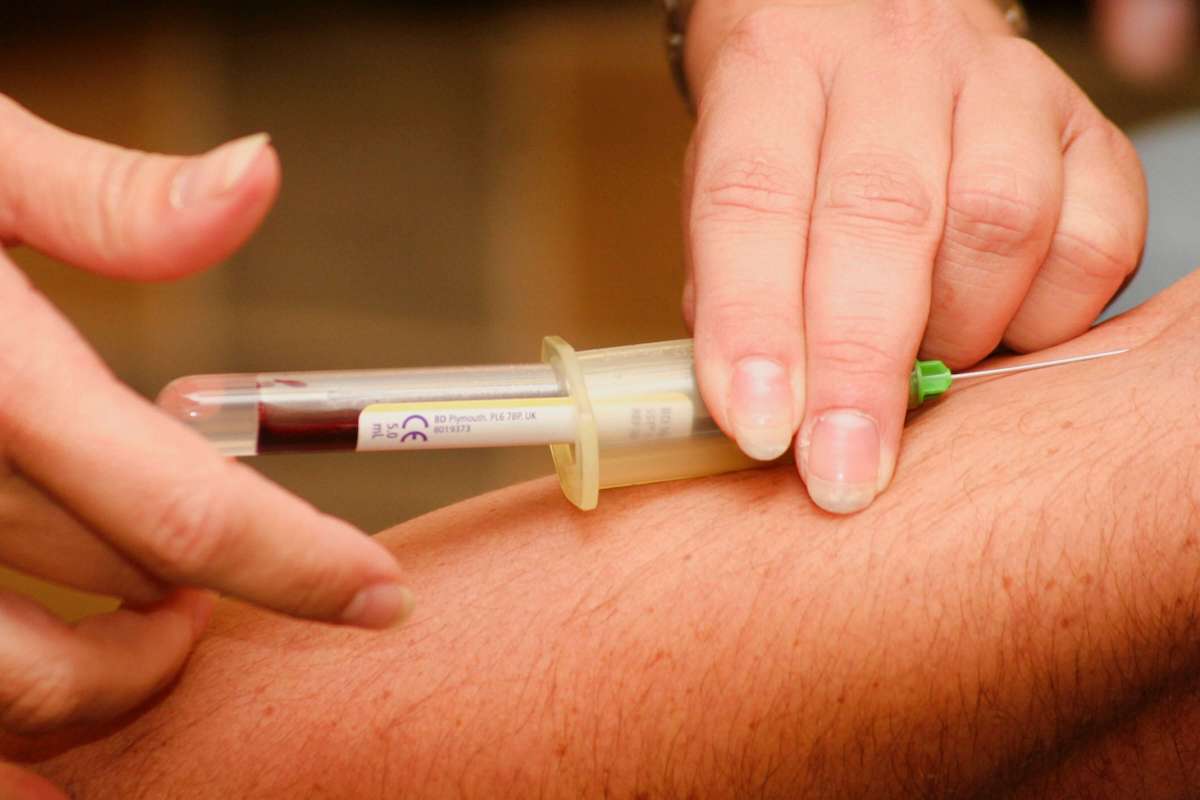Dr. Robert Pastore, PhD, CNS
What is the proper medical follow up for a celiac patient?
2020-02-27 • 4 min read

Receiving continuing proper medical care after the diagnosis of celiac disease is critical. I call the process of medical follow up for the celiac disease patient the 3 or 6 and 12 month post diagnosis process (just remember 3 or 6 and 12). [1]
Around 3 to 6 months after your diagnosis see your physician for a follow up appointment. I prefer 3 months, but there is one test that actually requires 6 months to become normal on a strict GF diet, I’ll explain in a moment. The reason I prefer a medical follow up at 3 months post diagnosis versus 6 is to follow up on or discover any nutritional deficiencies that are linked to celiac disease. Quoting Green and Cellier as I did in a previous blog post , “after the diagnosis of celiac disease has been established, the patient should be assessed for deficiencies of vitamins and minerals, including folic acid, B12, fat-soluble vitamins, iron, and calcium, and any such deficiencies should be treated. It is important to identify deficiencies and track the normalization of any essential nutrient. I prefer to not wait half a year to see how the patient is progressing or for the first time uncover a deficiency post diagnosis.
At your appointment, discuss with your doctor the blood tests that were part of your path to diagnosis. Were you IgA deficient and then had a subsequent “alternative” path to serology that led you to a biopsy, and the diagnosis of celiac disease? If that’s the case, your doctor should be monitoring your sIgA level and make sure that is normal or at the very least, normalizing. My point is it is important to repeat any abnormal blood tests that were part of your path to diagnosis along with the standard blood test that is most frequently used in celiac disease diagnostics. For example, your doctor needs to check you for the traditional tissue transglutaminase IgA (TTGIgA) and the blood test that led to the biopsy or the additional test that led to your biopsy. Expanding on that thought for clarification, if you had a non-TTGIgA path to biopsy, such as an endomysial antibody test, that should be repeated along with a TTGIgA needs to be monitored at each check up with your physician. Why? It is crucial to determine if a) your immune system is normalizing and if b) you are still producing antibodies to gluten. Please keep in mind a TTGIgA is typically negative around 6 months after diagnosis. So, do not be discouraged if you see your doctor earlier as I recommend and only see a downward trend of this marker. That’s ok.
Be your own health care advocate and make a list of any abnormal blood tests, or diagnostic tests that you had prior to your diagnosis and be sure they are monitored (repeated at the correct time interval). For example, if an abnormal DEXA scan revealed early onset osteoporosis (a symptom of celiac disease) it should be repeated in due course. Any aforementioned deficiencies identified should be checked and become part of the routine follow up going forward in your life. This is extremely important because celiac disease has one treatment and that treatment is a militant gluten free diet. Gluten exposure is a common problem for people with celiac disease and such exposure exacerbates anything and everything – from the original symptoms and deficiency states that could have led to your diagnosis, to new problems. So, it is our job to be health care advocates for ourselves and make sure we are being followed up appropriately.
At 12 months post diagnosis you should have another follow up with your doctor and once again measure TTGIgA and any other prior abnormal serology and standard serology. At this point it would be wise to have an additional blood test that checks for hepatitis B titers, to see if the vaccination response is present for those that were vaccinated. In multiple clinical studies, researchers tested known celiac patients who had been vaccinated for hepatitis B and found that the rate of non-response was significantly higher in the celiac patients when compared to controls. It seems that only patients with active and untreated celiac disease are at risk for not responding to the hepatitis B vaccine.
From a nutritional care perspective, of course it is essential for the diagnosed celiac disease patient to have routine follow ups with a nutrition professional who is knowledgeable in celiac disease such as a Certified Nutrition Specialist (CNS) or Registered Dietician to discuss your diet and dietary challenges. It may also be necessary to have psychological support. Seek help if you need it.